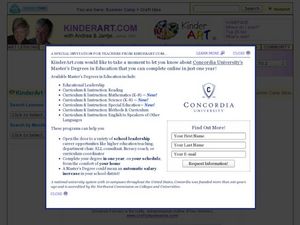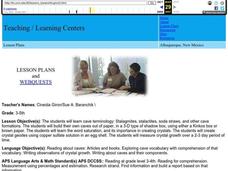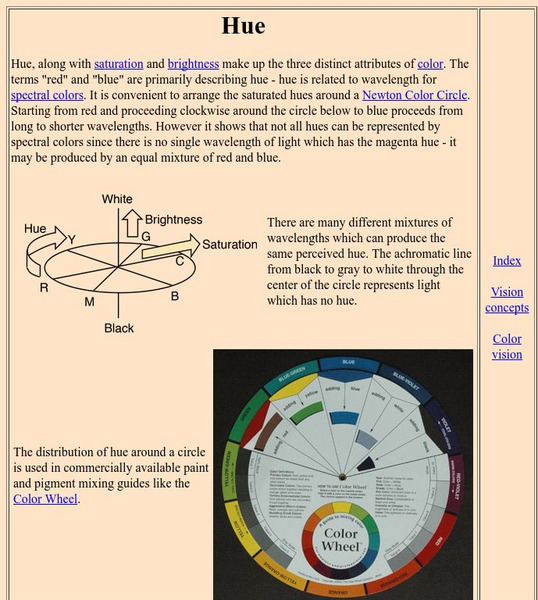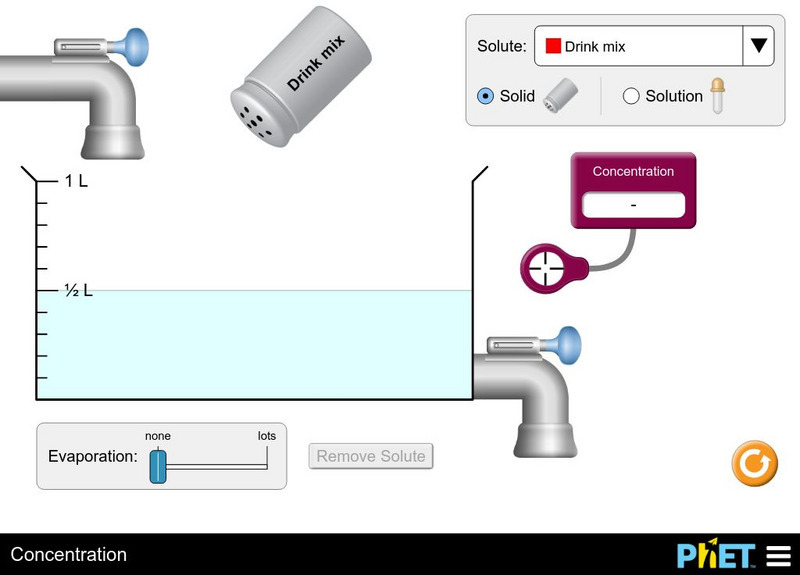Curated OER
Disposable Diaper Comparison and Mystery Powder Identification
Students investigate which diaper is the most absorbent. In this chemistry lesson, students calculate how much water is absorbed by diapers. They identify an unknown powder based on physical and chemical properties.
Curated OER
Tie Dye Pillowcase
Students create a tie dye pillow case. In this art activity, students use a pillow case, rubber bands, and dye to create a tie-dyed pillow case.
Curated OER
Adventures With Super-Absorbers and Substance Solubility
Students understand the concepts of absorption, swellability and solubility and recognize that science is all around us in our everyday lives and is fun to explore.
Curated OER
Weather Watchers
Students study basic meteorology concepts. They build a simple barometer to measure air pressure. They explore the concepts of relative humidity, air convection currents and temperature inversions and to discover their connection to...
Curated OER
Observing the Effect of a Change in Conditions on a System at Equilibrium by Applying Le Chatelier's Principle
High schoolers describe the Le Chatelier Principle. They participate in an experiment in which they observe the changes in an equilibrium system. They answer discussion questions to end the lesson.
Curated OER
Reading Labels For Fat Types
Students analyze a variety of cooking oils to determine the amount and types of fats included in each.
Curated OER
Cave Mentality
Students identify and define vocabulary associated with caves and rock formations. They construct a cave out of paper and fill it with a geode they crerate. Students write and present orally reports about caves and their importance to...
Curated OER
Rabbit's Good News Activity
Students read a book and predict what the rabbit in the story will do next. They identify the objects he finds and how they are all related. They create their own butterflies to be put up on a bullentin board.
Curated OER
Water Density Boundaries
Students create observable layers in water that represent a separation based upon density differences. They model density boundaries using differences in temperature and salinity. They, in groups, perform a meaningful experiment...
Science Buddies
Science Buddies: Color Saturation
Lively, vivid colors can add pizzazz and turn a dull photo into a work of art. Learn how changing the saturation levels of the colors in your photo can really make it pop.
University of Saskatchewan (Canada)
University of Saskatchewan: Value & Color
Basic color theory is discussed in relaton to computer art applications. Illustrated.
Other
Cambridge University: Color Perception Tutorial
This helpful tutorial on color perception is divided into sections including our eyes and vision, additive and subtractive color mixing, hue and saturation, and color properties.
The Tech Interactive
Tech Museum of Innovation: Color
This section of the Tech Museum of Innovation on color is divided into sections including hue, saturation, brightness, and go wild. Each section includes information as well as learning activities.
The Tech Interactive
Tech Museum of Innovation: Saturation
After defining saturation, this site provides an example and then begins an activity called "Experimenting with Saturation," involving degrees of saturation and saturation with images.
The Tech Interactive
Tech Museum of Innovation: Brightness/saturation/hue
This site combines the elements of brightness, hue, and saturation to see differences in color in the things around us. Each element is dealt with individually and is incorporated into an activity involving all three.
Khan Academy
Khan Academy: Hsl Color Matching
In this 8-problem quiz/practice students use the sliders to change the amount of Hue, Saturation and Lightness in the color on the left. When you match the target color, click the Check answer button.
Khan Academy
Khan Academy: Color Correction Suite
This is a color correction suite - a program for editing the color properties of an image. Try changing the properties of the whole image or a region of the image. What effects can you achieve? How does the look of the image affect how...
Georgia State University
Georgia State University: Hyper Physics: Characterizing Color
This site from Georgia State University discusses the meaning of the terms hue, saturation and brightness. Thorough, meaningful explanations and outstanding graphics.
American Geosciences Institute
American Geosciences Institute: Earth Science Week: Soil Color and Redox Chemistry
Students use chocolate candies to simulate the process that occurs in saturated soil when Fe3+ is reduced to Fe2+ due to a microbial mediated redox reaction.
University of Colorado
University of Colorado: Physics 2000: Temperature and Absolute Zero
A thorough, multipage discussion of color and color television sets that explains how an image is formed on the television using red, green, and blue light. Understandable discussion, excellent graphics, and many interactive Java applets.
Georgia State University
Georgia State University: Hyper Physics: Color
This site from Georgia State University discusses the location of visible light on the electromagnetic spectrum. Includes the wavelength values for various colors of light within the visible light spectrum.
Goshen College
Some Ideas About Composition and Design
Starts with explaining visual elements, goes through design principles, balance, visual effects, and more. Teaching tips included too.
University of Colorado
University of Colorado: Ph Et Interactive Simulations: Concentration
Watch your solution change color as you mix chemicals with water. Then check molarity with the concentration meter. What are all the ways you can change the concentration of your solution? Switch solutes to compare different chemicals...
Curated OER
Georgia State University: Characterizing Color
This site from Georgia State University discusses the meaning of the terms hue, saturation and brightness. Thorough, meaningful explanations and outstanding graphics.



















